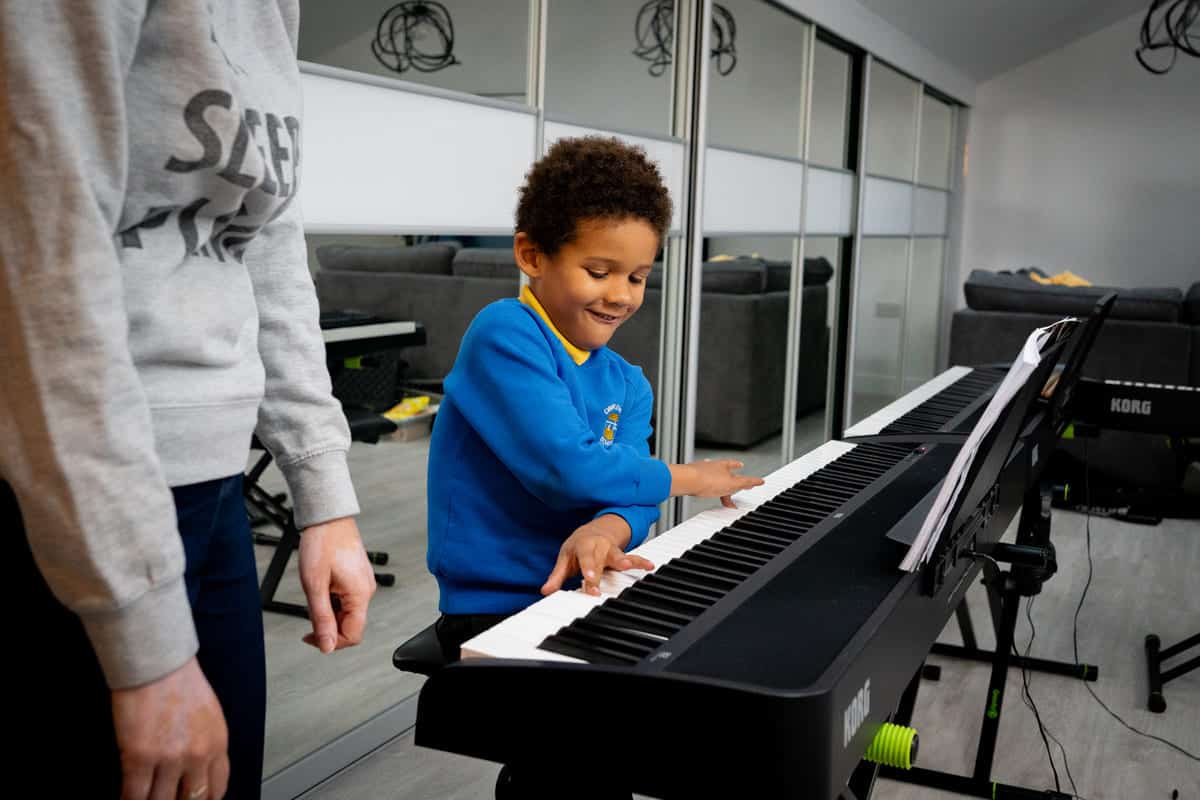

A question every student of the piano asks, I’m sure. But why are they so important, and why do so many people find them tricky, boring, hard work, a pain in the backside?
First, what is a scale? A scale is the collection, played step by step, note by note, of all the notes which make up a ‘key’, e.g. C Major or F Minor. I love scales. That’s not to say I never found it hard work going through the scores of scales you need to master for grade exams in my youth, but I understand why they are so useful.
For a start, if you are playing a number of pieces all in different keys, it’s sometimes difficult to get into the right key when switching pieces, particularly if you’re switching from, say, a key with lots of sharps, to a key with lots of flats. For this reason, I’ll often play the scale of the key I’m about to play in to ‘reset’ my fingers to the right key. It actually works – no more missed accidentals.
So what are the benefits of scales? Improved speed, accuracy, flexibility, evenness of tempo and weight, agility and strength. All the attributes we need to play quickly and well.
Runs of scales or parts of scales crop up in music all over the place so it’s really helpful if we are already familiar with those little sections. Our fingers can be trained to memorise (muscle memory) so after a while we can play these without even thinking about them. And scales can be played in thirds or sixths or in octaves, as well as single notes, which are other very useful techniques when it comes to learning the piano. Again, these patterns of intervals are very common.
So there are so many benefits to learning scales. But why do some students dislike them? Some seem to have problems playing smoothly, playing quickly, getting the right fingerings, hitting the right notes, remembering the key signature, remembering to take their thumb under… What is the solution I hear you ask? Practise. Practise. Practise. Slow down. And Practise. Don’t form bad habits by allowing yourself to continue when using incorrect fingerings. Go back and correct the error before your muscles remember the wrong thing. Then practise some more. And just when you think you’ll never get it right, leave the piano for the day and come back after a rest. You are pretty likely to see an improvement having slept on it.
Dear piano students, do work hard on your scales, they are very important, but don’t beat yourself up if you struggle. We’ve all been there. Just be patient, it will come. Oh, and practise!




